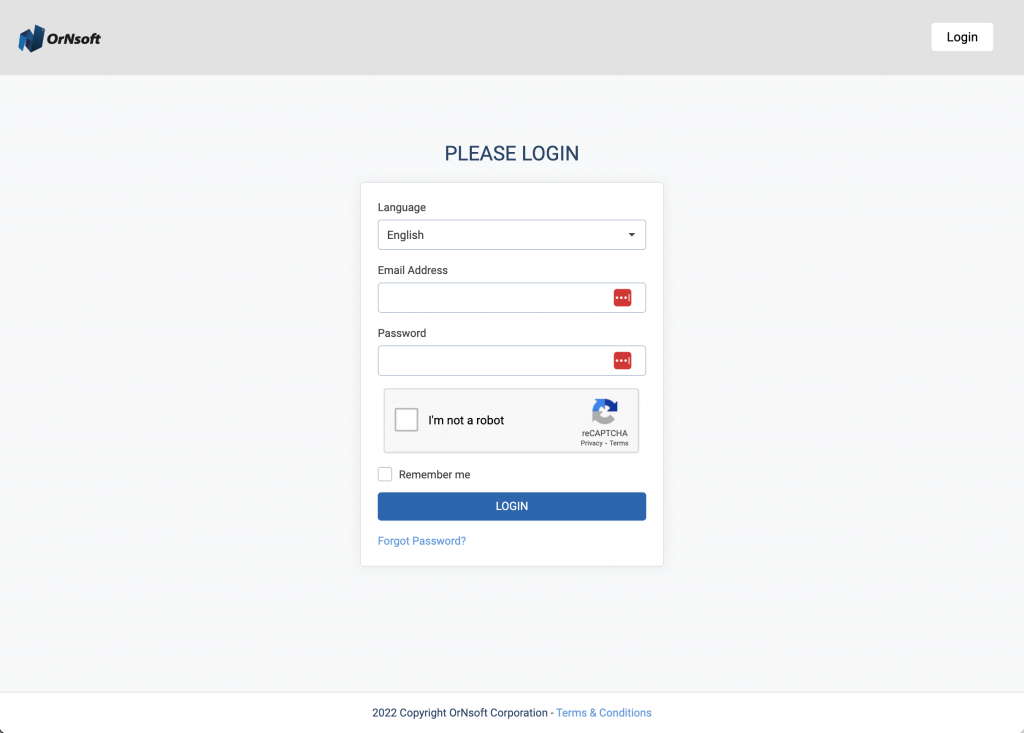The recent proposal for an “AI Bill of Rights” has sparked a significant amount of debate and discussion within the technology and legal communities. At its core, the proposal calls for the creation of a set of rights and protections for individuals and groups that are affected by the use of artificial intelligence (AI) systems.
One of the key arguments in favor of an AI Bill of Rights is that as AI becomes increasingly integrated into our daily lives, it is important to ensure that individuals and groups are not unfairly impacted by its use. This includes protecting individuals from discrimination and bias, as well as ensuring that they are able to control and understand how their data is being used by AI systems.
Another key aspect of the proposal is the call for greater transparency and accountability in the development and deployment of AI systems. This includes the requirement for companies and organizations to disclose information about the algorithms and data that are used in their AI systems, as well as providing individuals with the ability to understand and control how their data is being used.
One of the most notable aspects of the proposal is the call for the creation of an independent oversight body to monitor and regulate the use of AI. This body would be responsible for enforcing the rights and protections outlined in the bill, as well as investigating and addressing any violations.
Critics of the proposal argue that it could stifle innovation and impede the development and deployment of AI systems. They also argue that the creation of an independent oversight body could be costly and burdensome, and that existing laws and regulations are sufficient to protect individuals and groups from the negative impacts of AI.
Proponents of the bill argue that the benefits of AI are clear and undeniable, but that it is important to ensure that its development and deployment is done in a responsible and ethical manner. They believe that an AI Bill of Rights is necessary to ensure that individuals and groups are protected from the negative impacts of AI and that the development and deployment of AI is done in a responsible and ethical manner.
It is worth noting that AI bill of rights are not a new concept, similar proposals have been presented by different organizations, and governments. One of the most notable examples is the EU’s General Data Protection Regulation (GDPR) which includes provisions that require companies to be transparent about the data they collect and how it is used, as well as giving individuals the right to request that their data be deleted.
In conclusion, the proposal for an AI Bill of Rights is a complex and nuanced issue that raises important questions about the role of AI in society and the need to ensure that its development and deployment is done in a responsible and ethical manner. While it is important to consider the potential negative impacts of AI and to ensure that individuals and groups are protected, it is also important to ensure that any regulations or oversight do not impede innovation or stifle the development and deployment of AI systems. Further research and discussion is needed to fully understand the implications of an AI Bill of Rights and to determine the best way to move forward.
You can check out the current (october 2022) Blueprint for an AI Bill of rights issued by the Whitehouse by following this link :
https://www.whitehouse.gov/wp-content/uploads/2022/10/Blueprint-for-an-AI-Bill-of-Rights.pdf

